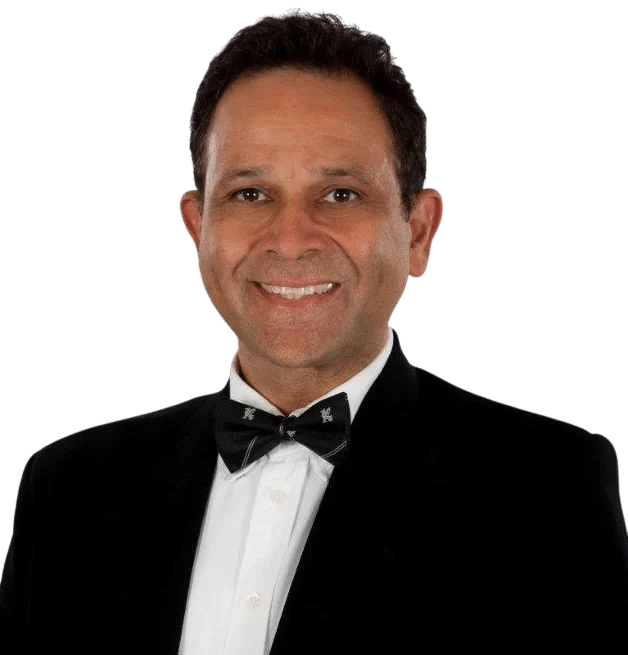Strategy Is An Easy Game – Especially for the Good Yachtsmen and Navigators
Strategy Is An Easy Game – Especially for the Good Yachtsmen and Navigators

It appears a bit extreme now – but it was very common at time when I was a navigating cadet.
As a 17 year old cadet learning to navigate a large 28,600 metric tonnes vessel, one of first things I was asked to do was to make sure that I learnt the entire ‘International Rules of Road’ by heart. Almost all the cadets had to do this. The intention seemed to be that you must have no doubt in times of panic. At a time of impending collision there would be no room to think or maneuver – and the reaction must be automatic.
The Chief Mate (mentor for the cadets) would ask us any rule at any time, and expect the cadets to be able to recite these line, chapter and verse.
Here is short video of the perils of sea – mainly to put thing in the right context.
Most good yachtsmen and navigators would have these rules stuck in their memories no matter how much time has passed since they did their MoT (navigators’ license). For me, after more than 30 years they are still alive, and many of them serve as good guidelines for practical decision making in strategy. Here is an example: RULE 7 (COLREGS 72)| NAVIGATION RULE | STRATEGY GUIDANCE |
| (a) Every vessel shall use all available means appropriate to the prevailing circumstances and conditions to determine if risk of collision exists. If there is any doubt such risk shall be deemed to exist. | Every company should use all available means appropriate to the prevailing market conditions and competitive landscape to determine if significant risk to profitability exists. If there is any doubt such risk should be deemed to exist. |
| (b) Proper use shall be made of radar equipment if fitted and operational, including long-range scanning to obtain early warning of risk of collision and radar plotting or equivalent systematic observation of detected objects. | Judicious use should be made of diagnostic tools and methodologies that are available and appropriate, including long-range forecasting to obtain early warning of risks of significant profit drops, and benchmarking or equivalent systematic observation of risks identified. |
| (c) Assumptions shall not be made on the basis of scanty information, especially scanty radar information. | Assumptions shall not be made on the basis of scanty information, especially poor diagnostic information. |
| (d) In determining if risk of collision exists the following considerations shall be among those taken into account: (i) such risk shall be deemed to exist if the compass bearing of an approaching vessel does not appreciably change; (ii) such risk may sometimes exist even when an appreciable bearing change is evident, particularly when approaching a very large vessel or a tow or when approaching a vessel at close range | In determining if risk of significant profit drop exists the following considerations shall be among those taken into account: (i) such risk shall be deemed to exist if the performance of an appropriate benchmark does not appreciably change; (ii) such risk may sometimes exist even when an appreciable performance change is evident, particularly when approaching a turbulent market condition, or when benchmark itself has become irrelevant. |
Related articles
- The Last Miles of Amazon (globalscgroup.com)
- Boating Navigation: Rules for Avoiding Collisions (boaterexam.com)
Related Post
ABOUT THE AUTHOR

VIVEK SOOD
Today, Vivek and his partners are among 20-30 people on the planet earth who have this deep understanding of supply chain systems, practices and tools. CEOs, COOs, executives and Boards call them in most challenging situations once they know the full potential of supply chain based transformations. Following are key milestones in Vivek’s journey:
- Started in 1983 as a merchant navy cadet at 18 years age, worked his way to qualify as a Captain – qualified to take command of any merchant ship, worldwide.
- Earned a top tier MBA from UNSW at the top of his class.
- Joined highly regarded strategy consulting firm Booz Allen & Hamilton, consulting to the CEOs, Boards and senior management of global corporations within Australia.
- To learn and specialise in supply chain – against all odds, sought out the co-inventor of supply chain in Germany and convinced him to be a partner in his firm, GLOBAL SUPPLY CHAIN GROUP, launched in January 2000.
- More than 500 successful blue chip projects with high impact business transformations in large corporations using the full power of SUPPLY CHAIN MANAGEMENT.
- 4 Seminal and path breaking business books IN SUPPLY CHAIN MANAGEMENT – these are available in bookstores and universities and libraries worldwide.
WHY BUY THIS BOOK
This book will help you use
fresh thinking to regenerate
your supply chain in the
post COVID-19 business
renaissance.

RECENT POSTS





